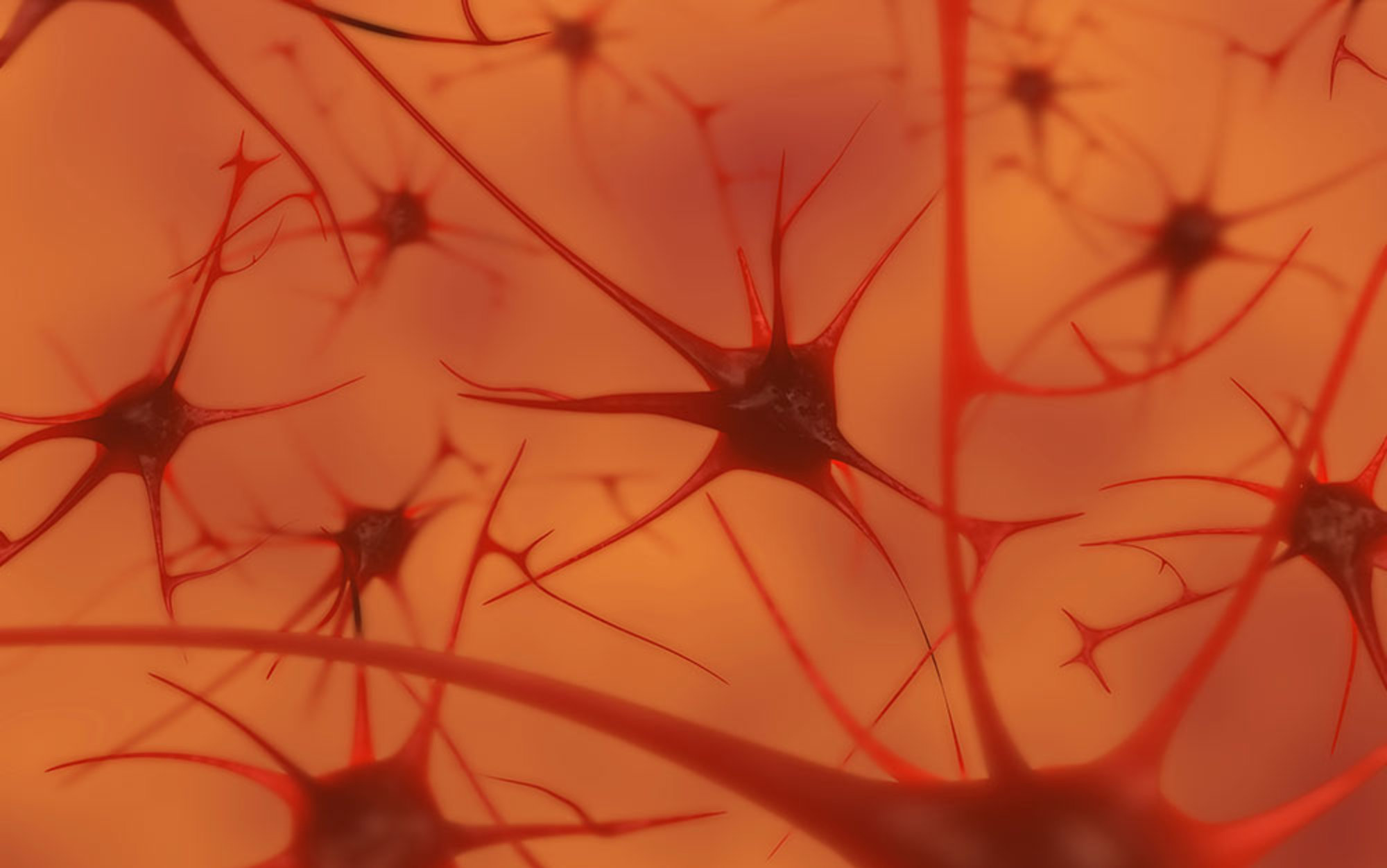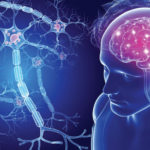New research from Cambridge University indicates that the brain’s inability to properly identify and process particular information could contribute to a paradigm of psychosis-linked behavior.
In the study, released online in the peer-reviewed journal Molecular Psychiatry, researchers detailed the role of dopaminergic neurotransmission in the brain and how it shapes our brain in an event in which either one’s perception of reality is altered or the intake of new information is discarded.
Aside from drug-induced psychosis, abnormal perception of reality can be characterized through a spectrum of psychotic disorders (generally triggered by biological, environmental and genetic factors) or folie a deux (generally caused by sociocultural factors: e.g. misinformation, disinformation, propaganda…etc.).
“Recent theories of cortical function construe the brain as performing hierarchical Bayesian inference,” the findings state. “According to these theories, the precision of prediction errors plays a key role in learning and decision-making, is controlled by dopamine and contributes to the pathogenesis of psychosis.”
The co-authors stated in their findings that their theory was tested by examining 20 participants with psychosis, 24 with acute symptoms at risk of developing chronic symptoms, and 89 healthy participants.
The brain activity of the participants was analyzed through functional MRI scans during their engagement with sessions of virtualized simulated activity. In another study, 59 participants considered to be healthy underwent brain scanning after being administered a drug intervention: a D2-antagonist.
“Behavioural computational modelling indicated that precision weighting of prediction errors benefits learning in health and is impaired in psychosis,” according to the findings.
“We conclude that healthy people, but not patients with first-episode psychosis, take into account the precision of the environment when updating beliefs,” the co-authors concluded. “Precision weighting of cortical prediction error signals is a key mechanism through which dopamine modulates inference and contributes to the pathogenesis of psychosis.”


